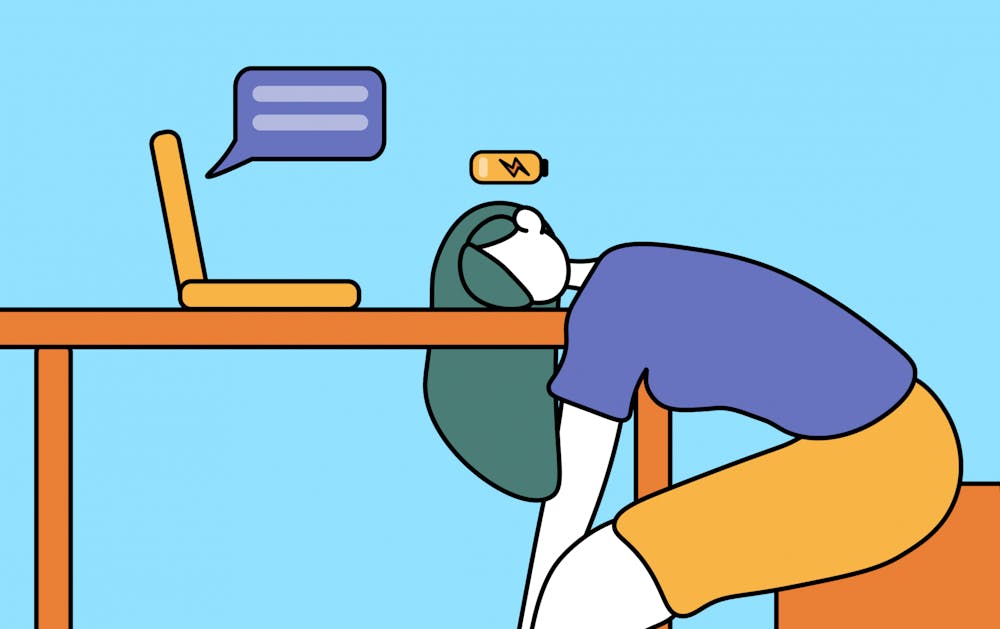When ASU and universities across the globe abruptly transitioned to online learning in the middle of the Spring 2020 semester because of COVID-19, the disease caused by the new coronavirus, many students began using a new platform: Zoom.
Students and faculty quickly began to resent the new way of learning, citing a loss of classroom community, new avenues for classroom disruption and even physical fatigue from participating in too many Zoom lectures.
Most of all, students are distracted and bored with the new system.
But I think much of the ire you might have for Zoom as a platform is misplaced. Leanna Archambault, an associate professor of learning design and technology at the Mary Lou Fulton Teachers College, said in an email that lectures are already ineffective in-person, generally speaking.
“In terms of effective teaching, long in-person lectures generally are not effective to begin with," Archambault said. "So in the transition to Zoom, synchronous class sessions often morphed into a long lecture that encouraged multitasking and distraction on the part of students.”
The decline in educational substance from in-person to online instruction highlights problems already present in lecturing as a form of instruction. And, while a great in-person lecture can engage students and provide meaningful connections to the object of study, bad quality lectures cannot deliver that educational rigor.
“It’s devoid of enthusiasm and context," Archambault said of bad lectures. "It fails to make connections. It drones on without a specific purpose or direction.”
Despite the upsets in our routines because of quarantine and social distancing, lecturing is actually one thing that hasn’t changed. We still listen to a teacher who "knows" talk at those of us who "don’t know."
The only change is the medium through which the lecture is communicated, and the problems which were already present in the lecture form are deepened in a situation where issues of access are paramount: ASU students may not have access to WiFi, and home lives encourage the tendency to be distracted in lectures.
The move to online learning, like the pandemic, wasn’t foreseen, and University officials had to act decisively to protect students and the community. But as classes will remain online in the summer and in some capacity in the fall, instructors should reconsider lecturing.
“Learning can occur in a variety of modalities, so consider alternatives,” Archambault said.
For example, instead of requiring students to sit in on a lecture simultaneously, teachers can use tools like Flipgrid, VoiceThread, Marco Polo and EdConnect to facilitate asynchronous learning.
“This type of communication can allow for more reflection on the part of students, more equitable opportunities to participate (especially in large classes), more active learning, and fewer technological issues,” she said.
The aspects of Zoom lectures many of us dislike — the distractions, the boredom, the many ways which our classes can be interrupted — are just as much consequences of the lecture format as they are of Zoom. In our effort to overcome these challenges, we should search for a new way of learning for both good times and bad.
Reach the columnist at smisceni@asu.edu or follow @IMiscenich Twitter.
Editor’s note: The opinions presented in this column are the author’s and do not imply any endorsement from The State Press or its editors.
Want to join the conversation? Send an email to opiniondesk.statepress@gmail.com. Keep letters under 500 words and be sure to include your university affiliation. Anonymity will not be granted.
Like The State Press on Facebook and follow @statepress on Twitter.




